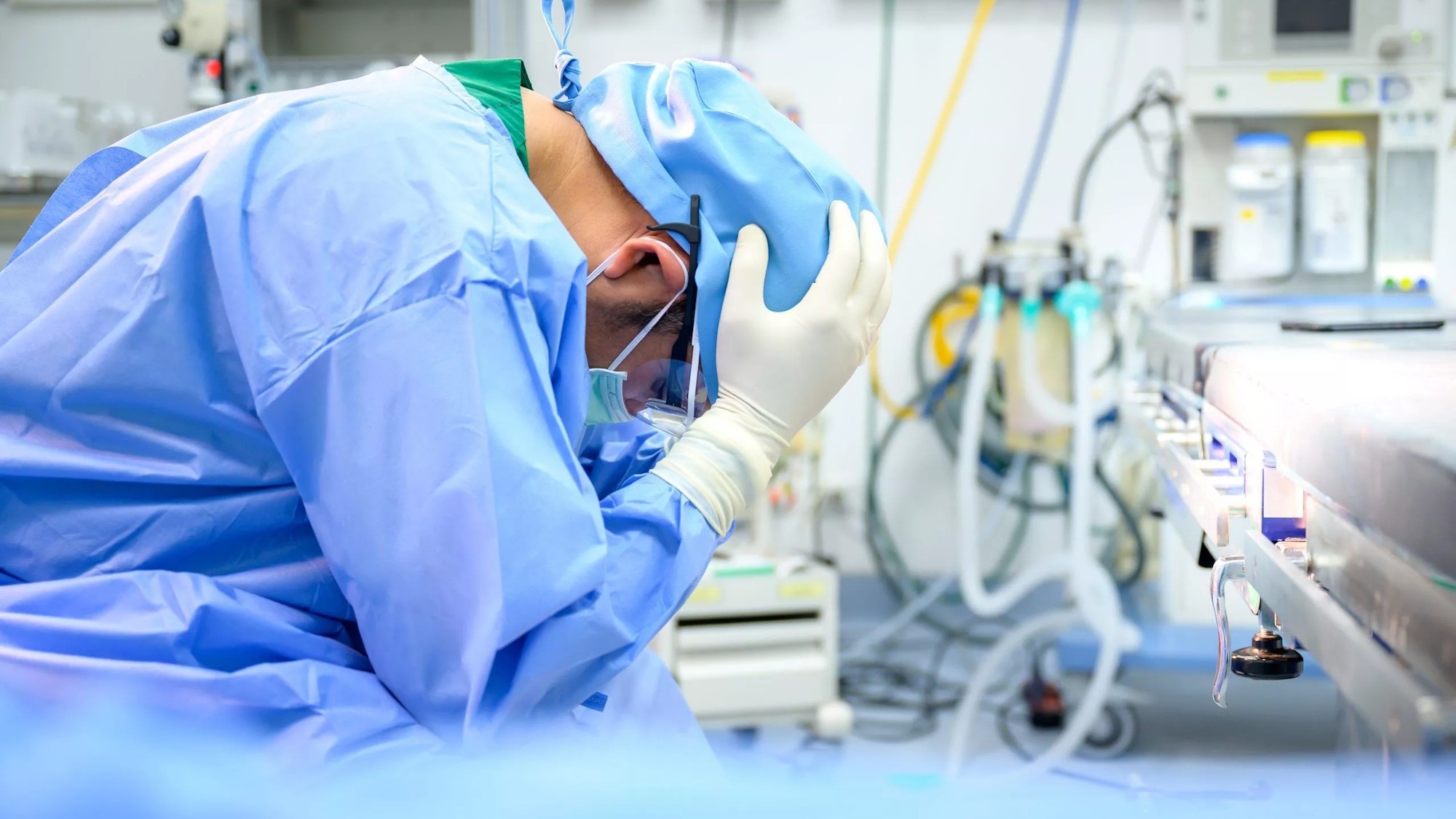What is Malpractice (Doctor Error)?
Malpractice is when a healthcare professional causes harm to a patient due to lack of professional knowledge and skills, carelessness or negligence. Such errors may directly jeopardize the patient’s health or may even lead to permanent damage or death. Under Turkish law, malpractice can give rise to both criminal and civil liability.
Physician errors usually involve misdiagnosis, incorrect treatment, errors in surgical interventions, incorrect doses of medication or violations of patients’ rights. Individuals who are victimized can seek their rights by taking the necessary legal remedies.
Conditions for Criminal Prosecution in Malpractice
In order to bring a criminal case for malpractice, certain legal conditions must be met. First of all, the mistake made by the doctor or healthcare professional must be clearly proven. For this, the victim must follow some basic steps:
- The physician or health personnel must have committed misconduct
- Must have caused physical or psychological harm to the patient
- There must be a direct causal link between the physician’s action and the harm suffered by the patient
- The error must have been made in violation of medical standards
If these conditions are met, the victim can bring a criminal case against the health worker.
The Process of Filing a Criminal Case for Medical Malpractice
The process of filing a criminal case consists of certain steps. Here are the steps to be followed in malpractice cases:
Complaint and Application: If the patient or patient’s relatives believe that they have been harmed due to the doctor’s error, they should first file a criminal complaint with the prosecutor’s office.
Collection of Evidence: One of the most important elements in the litigation process is evidence. Hospital records, epicrisis reports, prescriptions, witness statements and expert opinions can be used as evidence.
Prosecutor’s Office Investigation: After assessing the complaint, the prosecutor’s office obtains expert reports and begins to examine whether the incident was a medical error.
Preparation of Indictment If sufficient evidence is found, an indictment is prepared by the prosecutor’s office and a lawsuit is filed.
Court Proceedings: The case is heard in a criminal court and the assessment of experts is of great importance in court proceedings.
Judgment and Criminal Sanctions: The court will decide whether the physician or healthcare professional is at fault. If found guilty, sanctions such as imprisonment or dismissal from the profession may be imposed.
Penalties for Malpractice
According to the Turkish Penal Code, crimes committed due to medical malpractice may be subject to different penalties:
- Negligent Injury (TCK 89): If the patient is injured as a result of the doctor’s mistake, a prison sentence of 3 months to 1 year may be imposed.
- Negligent Homicide (TCK 85): If a patient dies as a result of a doctor’s mistake, the penalty is imprisonment from 2 to 6 years.
- Abuse of Duty (TCK 257): In the event that the doctor intentionally or deliberately performs a wrongful act, he/she may be banned from the profession and imprisoned.
These penalties vary according to the nature of the incident and the magnitude of the harm caused to the patient.
Evidence that can be used as Evidence in Malpractice Lawsuits
The following evidence can be presented to the court in criminal cases for medical malpractice:
- Hospital records and medical reports
- Epicrisis reports (breakdown of the treatment process)
- Witness statements (nurses, other doctors, patient relatives)
- Expert reports
- Security camera footage (images during surgery, if available)
The lawful collection and presentation of this evidence is critical to the success of the case.
Statute of Limitations in Malpractice Litigation
There is a certain statute of limitations for filing a lawsuit in malpractice offenses. Under Turkish law, the statute of limitations for criminal cases against healthcare professionals is set at 8 years. However, if death has occurred as a result of faulty medical intervention, this period can be up to 15 years.
If patients do not file a lawsuit within this period, the lawsuit may be time-barred and the legal process cannot be initiated.
Can Material and Moral Compensation Lawsuits Be Filed Due to Malpractice?
People who have been victimized by malpractice can file not only a criminal case, but also a lawsuit for material and moral damages. Even if a criminal case is not filed, it is possible to claim compensation in civil courts in cases where the doctor is at fault.
Claims for pecuniary and non-pecuniary damages usually cover the following situations:
- Costs of the patient during the treatment process
- Financial losses due to loss of earning capacity
- Claims for non-pecuniary damages for psychological trauma and mental harm
- Victimization of relatives in case of death
Compensation cases are usually brought before administrative courts or consumer courts.
How to Prevent Doctor Error?
It is important to take the following precautions to avoid becoming a victim of malpractice:
- Researching the doctor’s specialty before receiving health care
- To get detailed information about the treatment process and, if necessary, to get a second opinion from a second doctor
- To examine the history of hospitals and health institutions
- Keeping documents from the treatment process
- Seeking legal assistance in case of doubt
Malpractice lawsuits are of great importance for both victims and healthcare professionals. People who have been victimized by a doctor’s error can seek their rights through legal remedies, both criminal sanctions and compensation claims. Criminal cases usually start with a prosecutor’s investigation and are concluded as a result of medical expert examinations.
It is important to be informed when seeking health care to avoid potential mistakes. If you have been victimized by a doctor’s mistake, it is advisable to seek the support of a lawyer to start the legal process.




